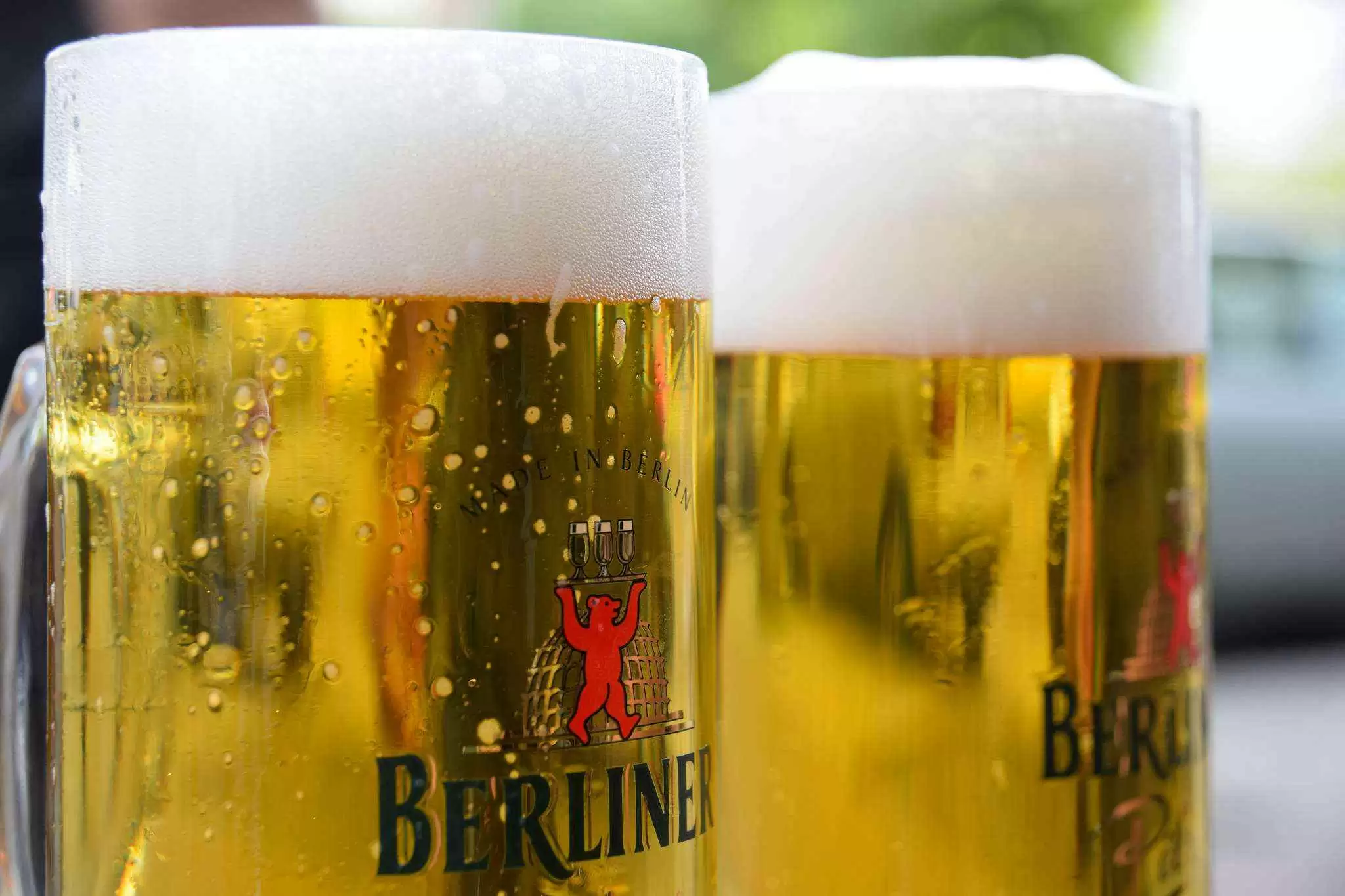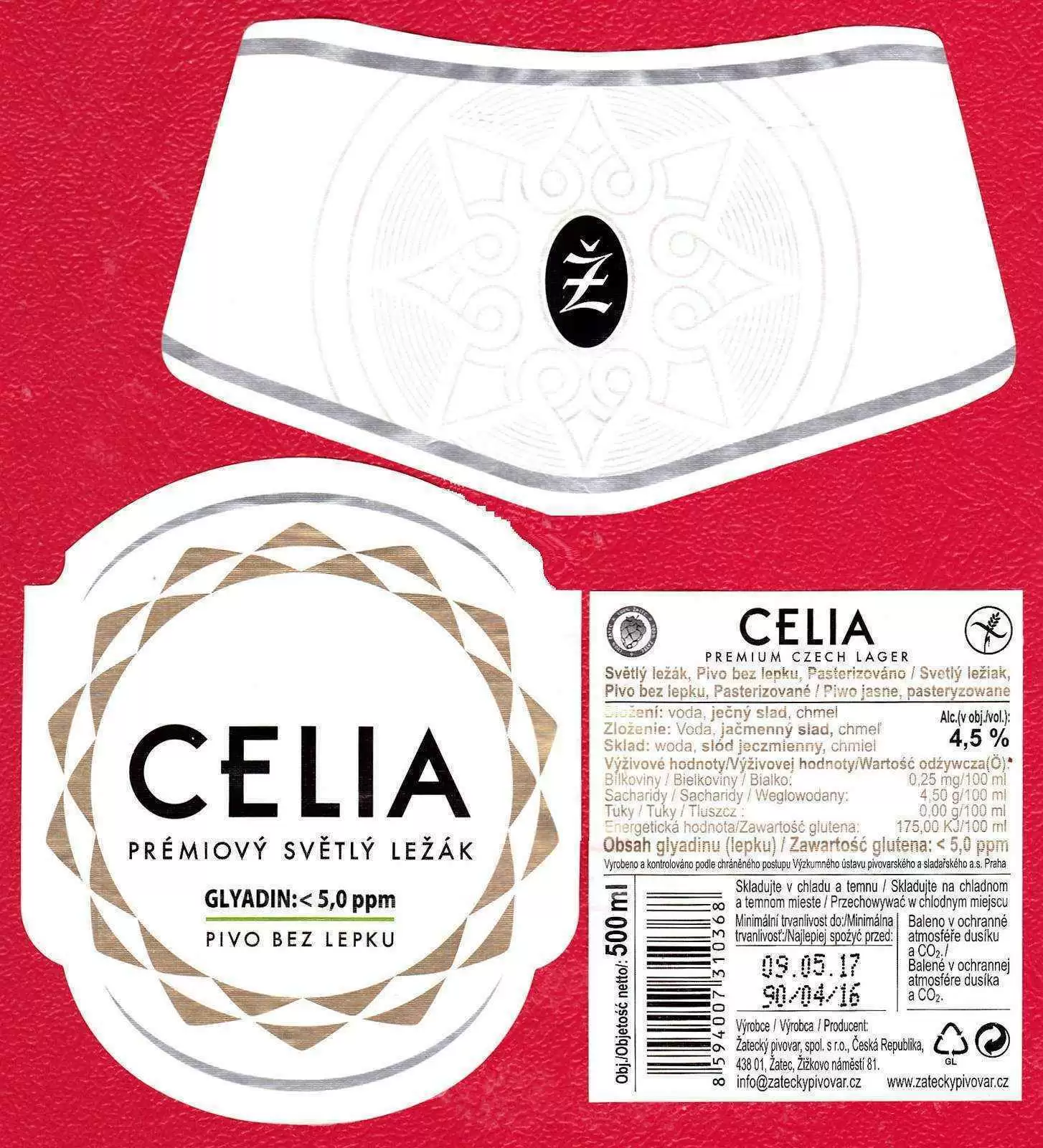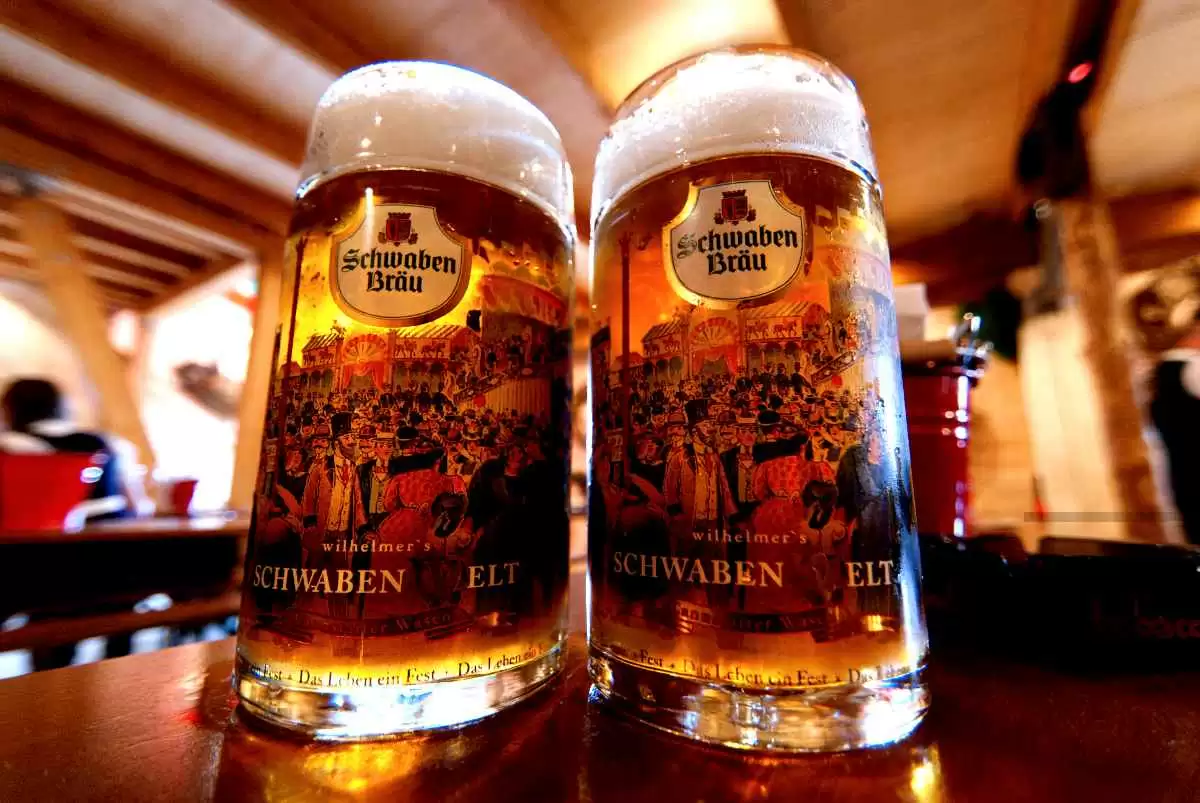Celiac.com 01/02/2024 - For those of us on a gluten-free journey, deciphering food labels is kind of an art form. The reassurance that comes from a gluten-free label is not just about choice; it's about safeguarding our health and well-being.
However, recent revelations in the gluten testing landscape, particularly when it comes to fermented beverages like beer, are turning heads and raising concerns. A team of researchers recently set out to assess gluten and immunogenic epitope levels in low-gluten beers.
Celiac.com Sponsor (A12):
The research team included Mitchell G. Nye-Wood, Keren Byrne, Sally Stockwell, Angéla Juhász, Utpal Bose, and Michelle L. Colgrave. They are variously affiliated with the School of Science, Edith Cowan University, Perth, WA, Australia; and the Australian Research Council Centre of Excellence for Innovations in Peptide and Protein Science, Perth, WA, Australia; and CSIRO Agriculture and Food, St. Lucia, QLD, Australia.
Labeling regulations vary across jurisdictions, and this is particularly evident in the realm of fermented foods, where the debate around gluten content has taken center stage. The go-to method for measuring gluten, enzyme-linked immunosorbent assays, aka ELISA, has long been the standard, but questions have arisen, especially concerning fermented and hydrolyzed foods like beer.
Enter mass spectrometry, a powerful tool that directly identifies gluten peptides, leaving no room for ambiguity. Recent research delving into the gluten content of control and gluten-free beers has uncovered a surprising twist. Beers claiming gluten-free status, validated by ELISA, were found to contain gluten protein fragments carrying known immunogenic epitopes.
Liquid chromatography-mass spectrometry unveiled a different narrative, one where supposedly gluten-free beers exhibited hordein content comparable to or even higher than untreated control beers. This revelation challenges the assumptions we've held about gluten-free options and prompts a closer look at the methods we rely on for testing.
The limitations of ELISAs, especially in the context of beer, are being scrutinized. The discord between ELISA results and those from mass spectrometry raises eyebrows and, more importantly, concerns about the reliability of gluten content labels. The gluten landscape is more complex than a simple "gluten-free" label might suggest.
According to the study: "Nine beers were advertised as gluten free or low gluten (LG), LG1–LG9. LG1 is a German pilsner that uses gravitation, cold, and filtration to lower gluten content. LG2 is an Australian low-carb, low-gluten pale lager. LG3 and LG4 are British beers that use silica technology to remove gluten. LG5 and LG6 are Finnish beers that claim a filtration process. LG7, LG8, and LG9 are Finnish beers that use an undisclosed method to achieve gluten-free labelling status." Unfortunately the study does now indicate whether any of the beers used Clarex enzymes (AN-PEP) during production, which is considered the gold standard of gluten removal. Overall the LG9 beer seemed to be the safest of all beers tested, which uses "an undisclosed method to achieve gluten-free labelling status." The next two safest beers appeared to be LG5 and LG6, which are "Finnish beers that claim a filtration process."
As we navigate this new terrain, questions arise about the adequacy of existing regulations. Are they equipped to handle the intricacies of gluten content in fermented foods? The conversation is ongoing, and the need for clearer, more accurate guidelines is apparent.
For those of us championing a gluten-free lifestyle, these findings are a call to action. It's a call to scrutinize labels more closely, to be aware of the potential gaps in testing methodologies, and to advocate for a gluten-free landscape that truly prioritizes our health and well-being. As the gluten-free community, let's stay informed, stay vigilant, and ensure that our gluten-free journey is backed by reliable science and regulations that stand up to scrutiny. The short take away here is that, if these results are accurate, it might be good for people with celiac disease and gluten-sensitivity to switch to fully gluten-free beers, just to be safe.
Read more in Foods 2023, 12(17), 3252










Recommended Comments
Create an account or sign in to comment
You need to be a member in order to leave a comment
Create an account
Sign up for a new account in our community. It's easy!
Register a new accountSign in
Already have an account? Sign in here.
Sign In Now